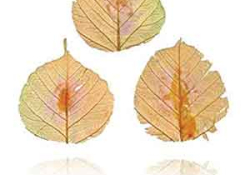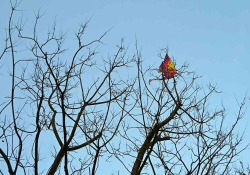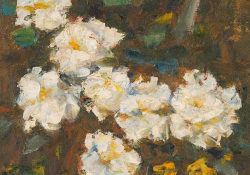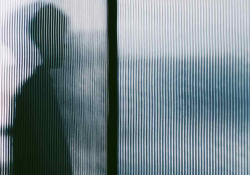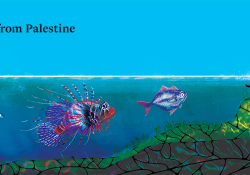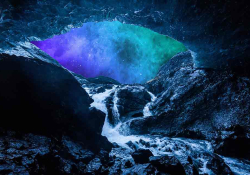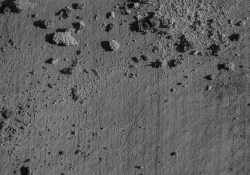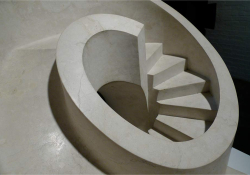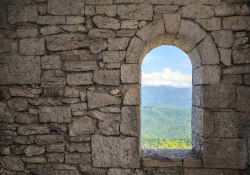Two Poems from South Africa
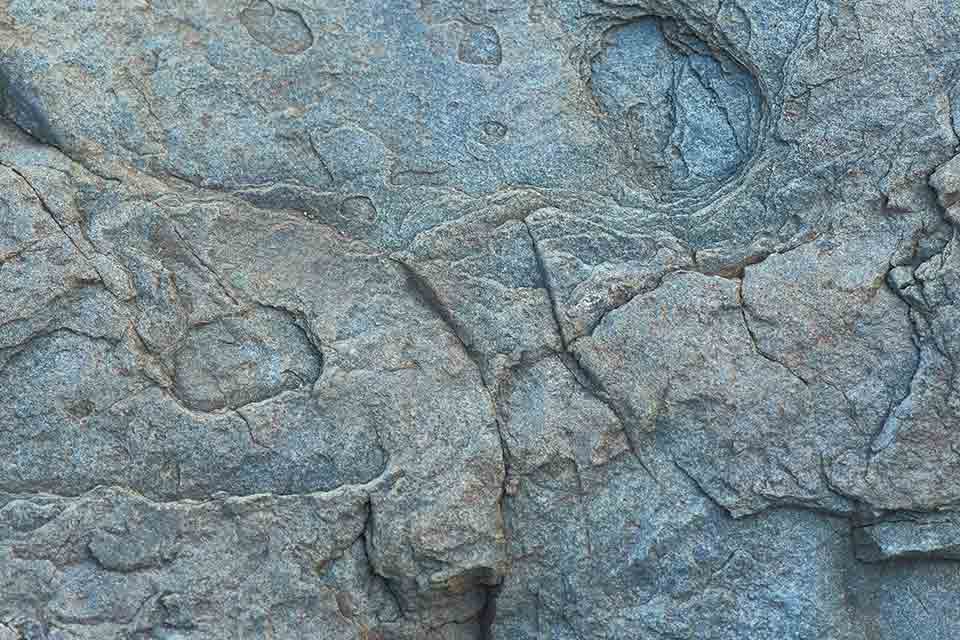
Split Fossil
for Willem Boshoff
When an ancient-rock splits open —
trees and skies starkly mirror
the tectonic drama on the stone’s gaping
weathered face. Fossils’ imprinted
striations, like those on a human palm,
preserve histories — cellular intricacies
only palaeontologists can decode.
as I run my hand on its cracked
surface — my fingers trace a filigree
of coloured lace-lines, cross-etchings —
clues to cosmic-geological calendars,
largely indeterminate. Mineral patina
exfoliates, reflects, refracts — splitting light —
angular shafts of coloured cones
radiating centrifugally. My focus stays
centred, centripetal. An invisible fulcrum
balances this mise-en-scène — unravelling
a slide-show, in millisecond flashes.
My Intimate Skies
The heaventree of stars hung with humid nightblue fruit.
— James Joyce, Ulysses
Pin-hole sharp rays, exact as chiselled diamond tips,
glow in infinite lumens. In this sprawling crisp-dry
Savannah highveld — these luminous eyes, light up
my vast intimate skies, writing out terrestrial
histories on an ever-shifting skyscape. Within
its private metaphors, this fossil-cradled terrain-dna
refracts. The cosmic clockwork measures exactly,
each light-ray’s frequency, wave-length and laser-
strength. It is astronomy’s language, a slow charting
of celestial memory on granite-black backdrop —
a plotted canvas, a maritime mapping of ocean’s
unpredictable trade lanes. Memory is starlight.


